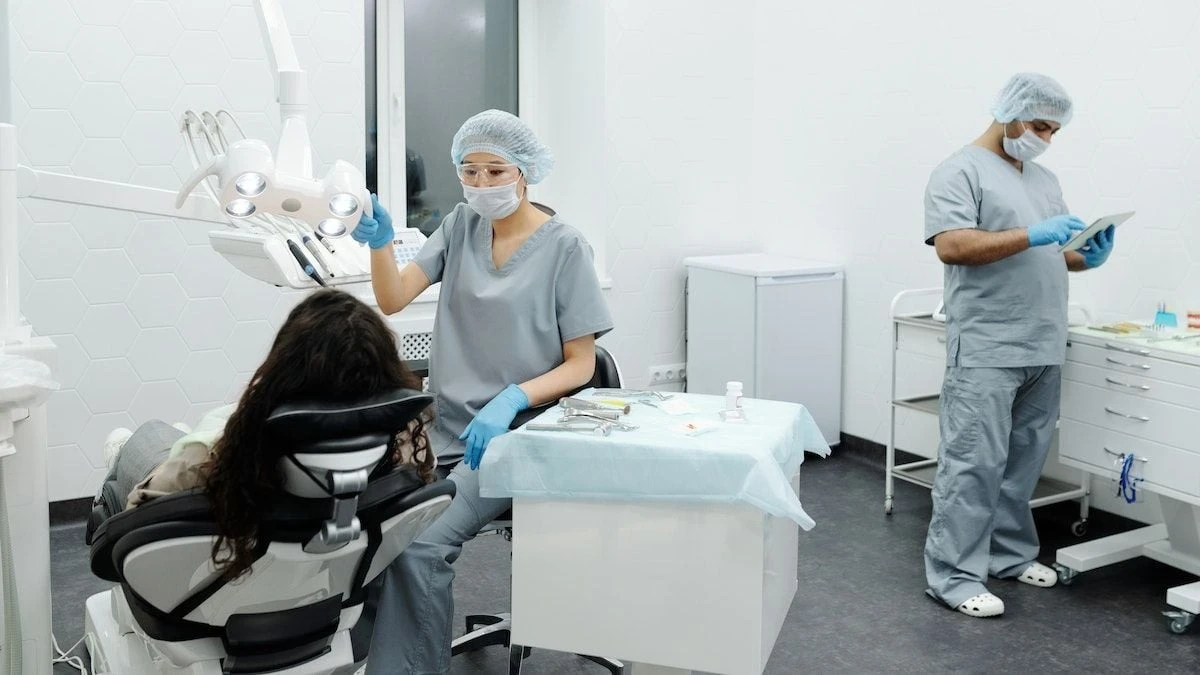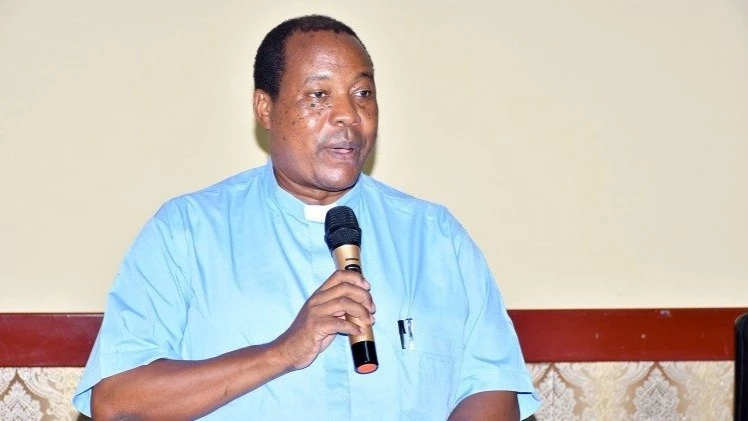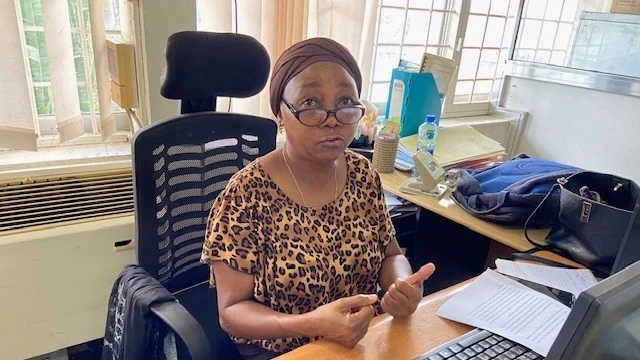Health facilities in Tanga receive medical equipment worth 900m/-

IN an effort to strengthen healthcare delivery in the Tanga Region, German Development Agency (GIZ) has donated medical equipment valued at approximately 975m/- to 20 health facilities across the region's councils.
The equipment—comprising infant warmers, phototherapy units, CPAP (Continuous Positive Airway Pressure) machines, obstetric tools, blood refrigerators and family planning devices—is set to improve maternal, neonatal, and reproductive health services.
Speaking during the handover ceremony at Bombo Regional Referral Hospital yesterday, GIZ Health Programme Manager Kai Straehler-Pohl emphasized the agency’s longstanding partnership with Tanga Region.
“GIZ has worked with the Tanga Region for more than 15 years, focusing on health insurance, public-private partnerships and improving maternal and reproductive health,” he said.
Straehler-Pohl highlighted the historical connection with Bombo Hospital, built during the German colonial period, and noted that the new collaboration reflects a forward-looking mission to provide quality healthcare to all.
He shared success stories from the first phase of the Improving Health Care Programme (IHCP I), which ran from 2019 to 2023. It resulted in a 61 percent reduction in maternal deaths, a 59 percent drop in neonatal deaths, a 132 percent increase in health facility admissions, and a 21 percent rise in new users of modern family planning.
The programme’s second phase, IHCP II (2024–2026), expands its reach to 20 health facilities, including seven district hospitals, 10 health centres and two dispensaries.
“We’re proud to support health facilities across all Tanga councils. This initiative will ensure around 870,000 residents have access to quality neonatal and maternal care close to home,” he said.
Representing German Embassy, Deputy Head of Cooperation Luisa Schender said Germany has committed €51 million to Tanzania’s health sector since 2021.
“This funding supports sexual and reproductive health, maternal and child healthcare, and a universal health insurance system to ensure all Tanzanians access essential services,” she said.
Tanga Regional Commissioner Dr Batilda Burian thanked German government and GIZ for their continued support, noting its critical role in reducing neonatal mortality.
“Despite the progress, demand remains high. We’re in discussions to expand this support further, particularly for items like oxygen concentrators and physiotherapy tools,” she said.
Dr Frank Shega, Medical Officer in Charge of Bombo Hospital, highlighted how the new equipment will help ease pressure on referral systems.
“We receive up to 15 referrals for premature infants daily. This support will reduce the strain and enhance service delivery,” he said.
Dorothy Lema, Regional Reproductive and Child Health Coordinator, welcomed the support but stressed ongoing needs.
“Tanga has 376 health facilities, but many still lack sufficient equipment for maternal and neonatal care,” she said.
Mwanakombo Paku, Assistant Principal Nurse at Bombo’s neonatal unit, echoed similar concerns. “Investment must continue to match rising demand and ensure safe outcomes for newborns,” she noted.
Dr Ahmad Makuwani, Director of Reproductive, Maternal, and Child Health at the Ministry of Health, underscored the broader national impact.
“Through GIZ and IHCP II, we’re seeing tangible progress—not just in Tanga, but also in other supported regions like Mbeya, Mtwara, Lindi, and Morogoro. These efforts help to ensure safer deliveries and better reproductive care for youth across Tanzania,” he said.
Top Headlines
© 2025 IPPMEDIA.COM. ALL RIGHTS RESERVED






















